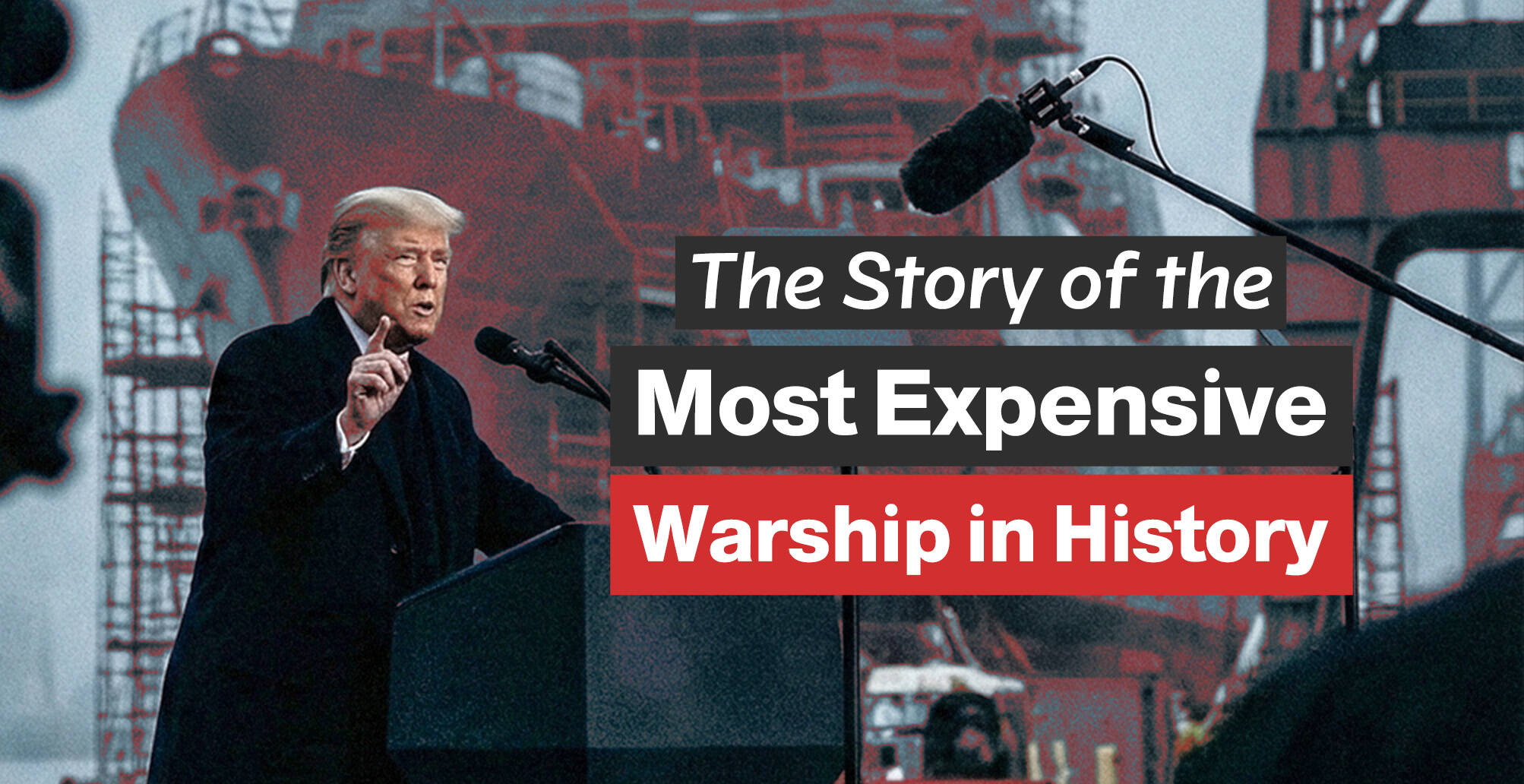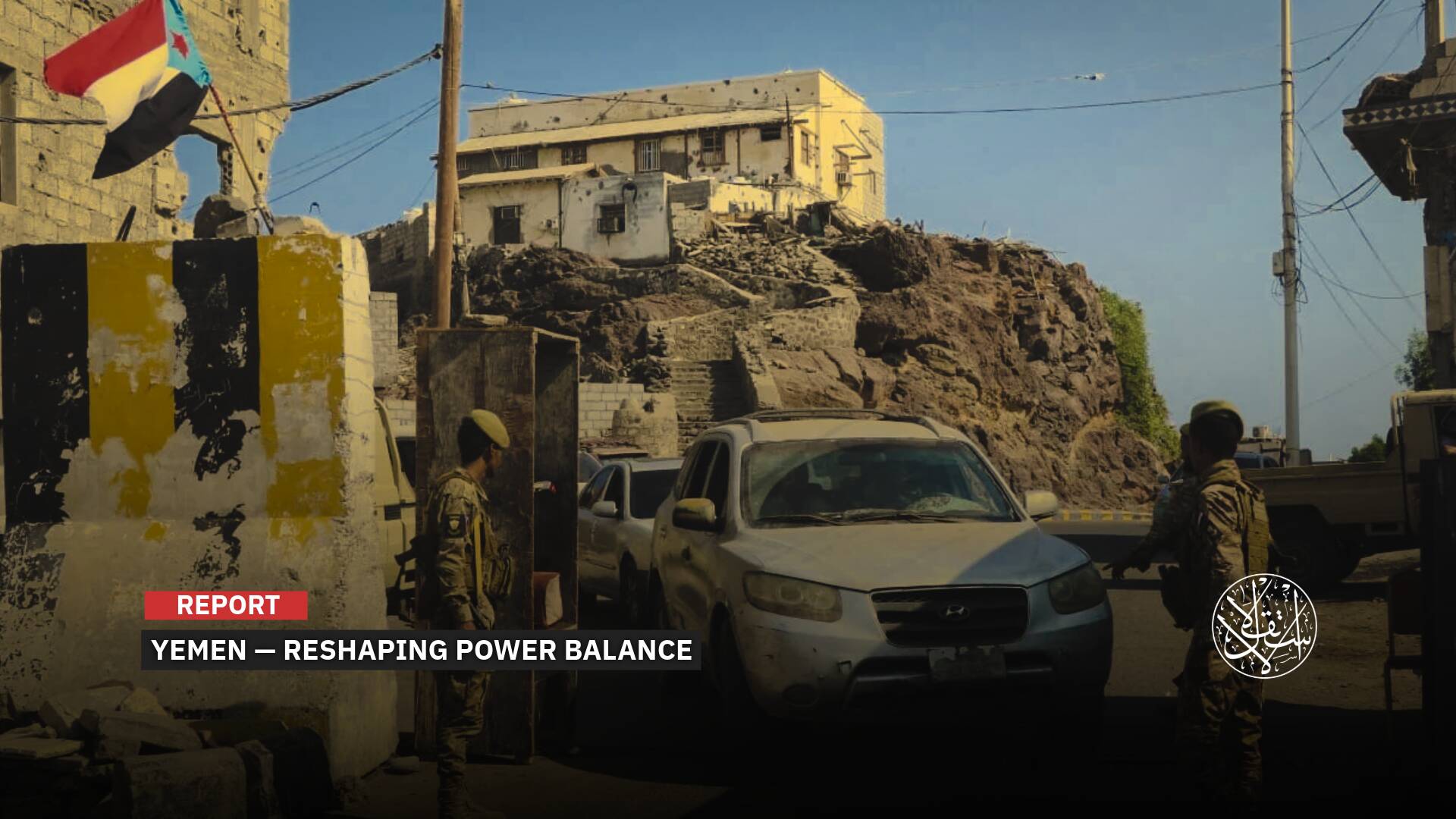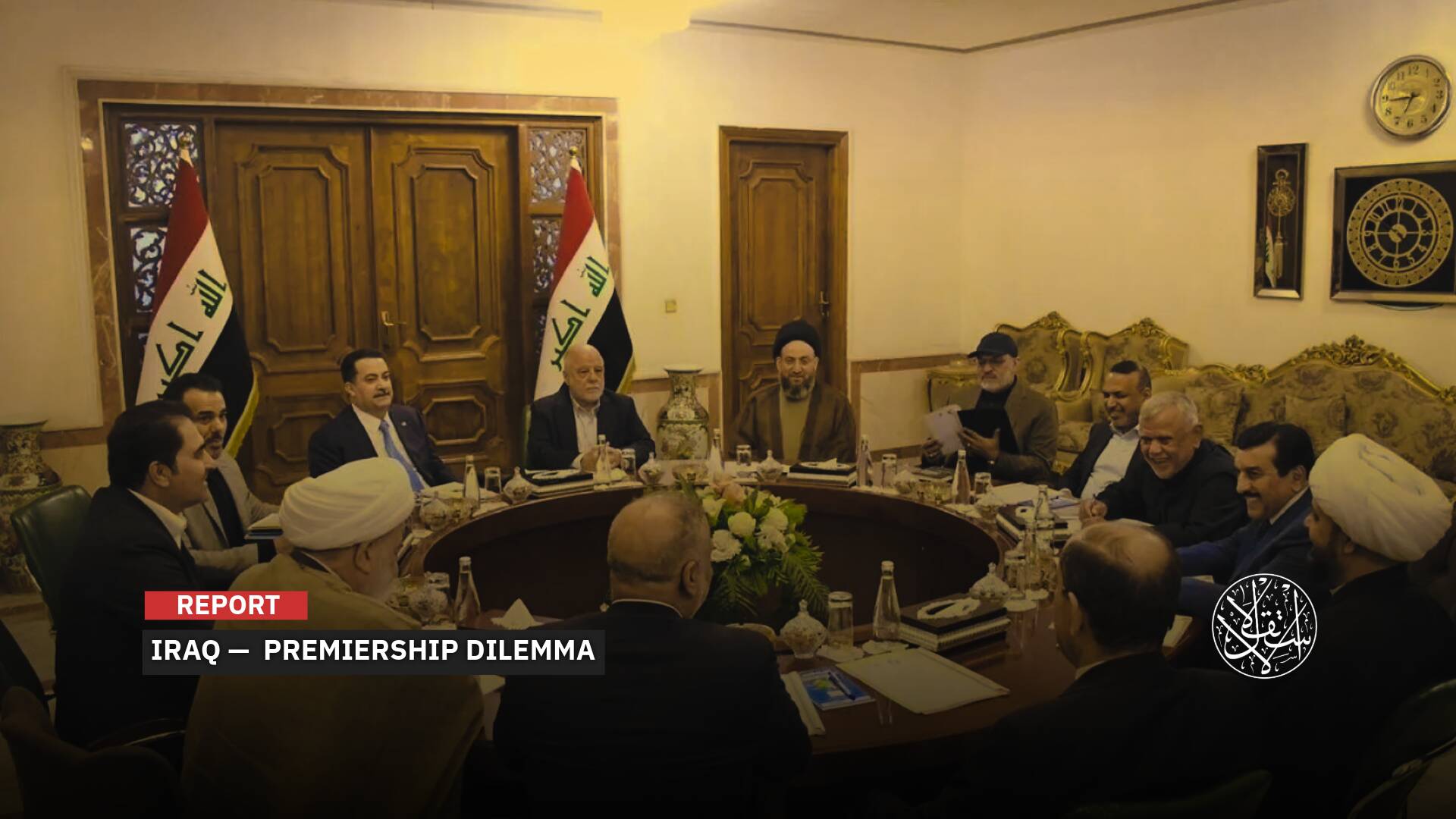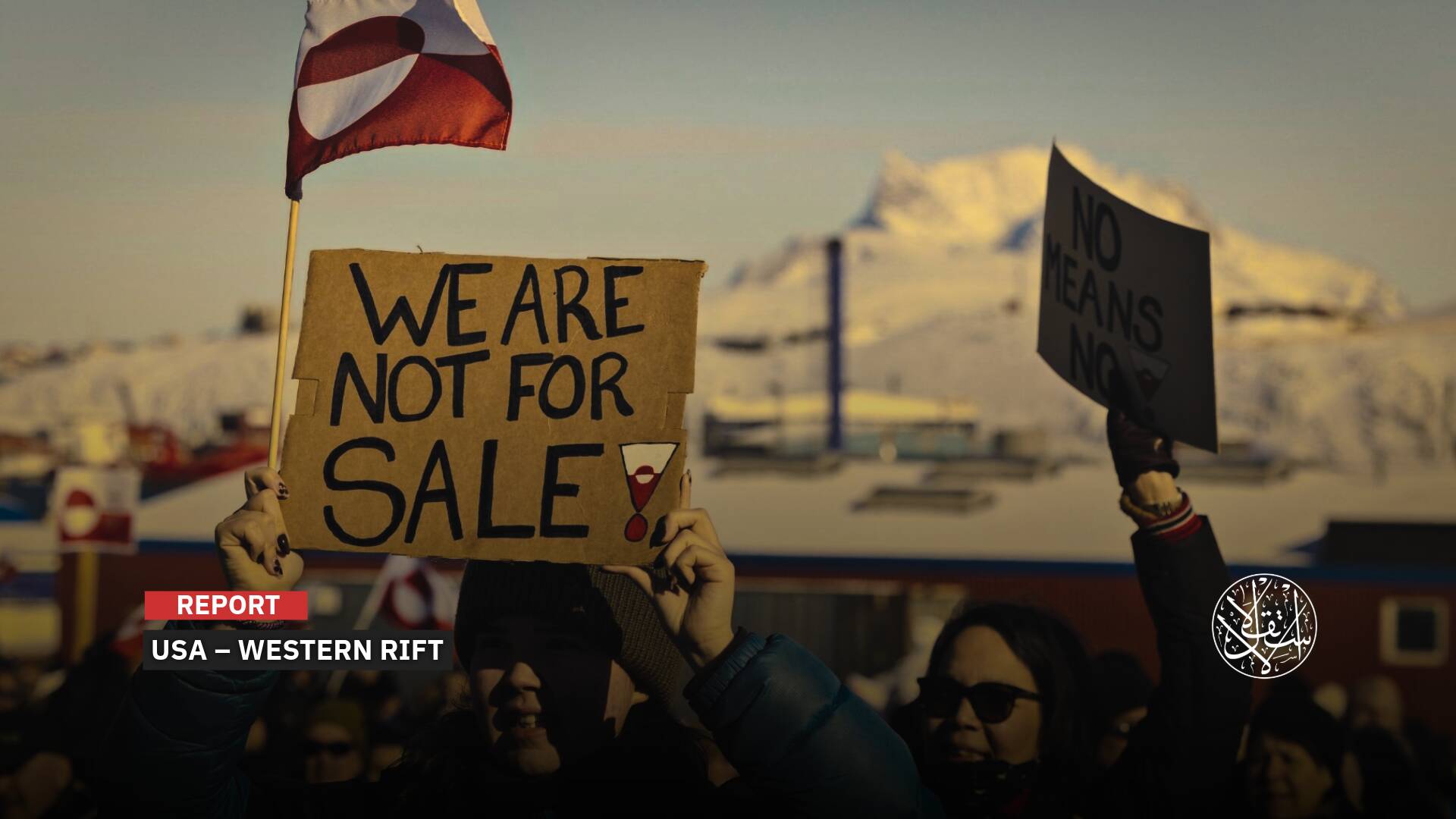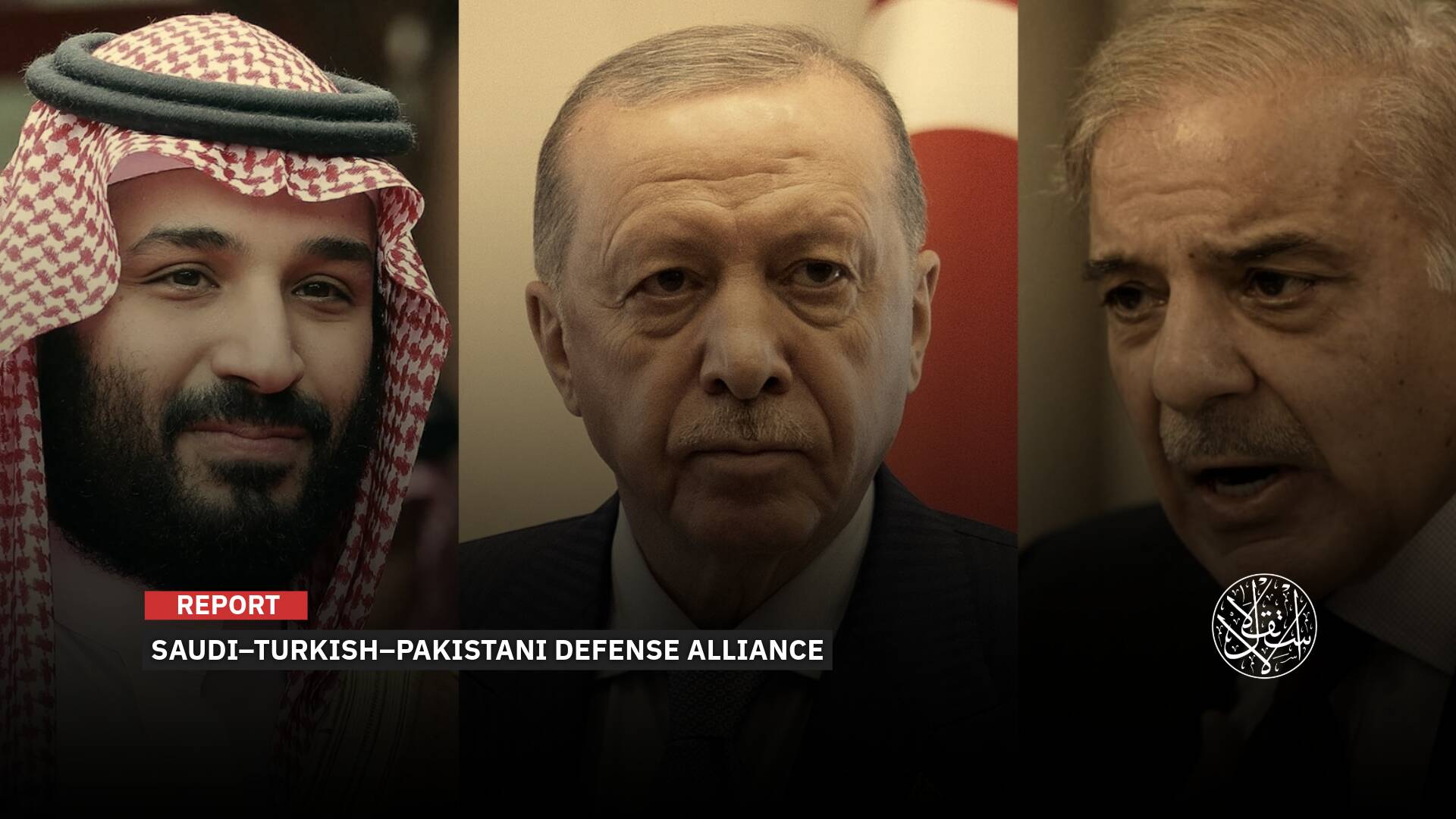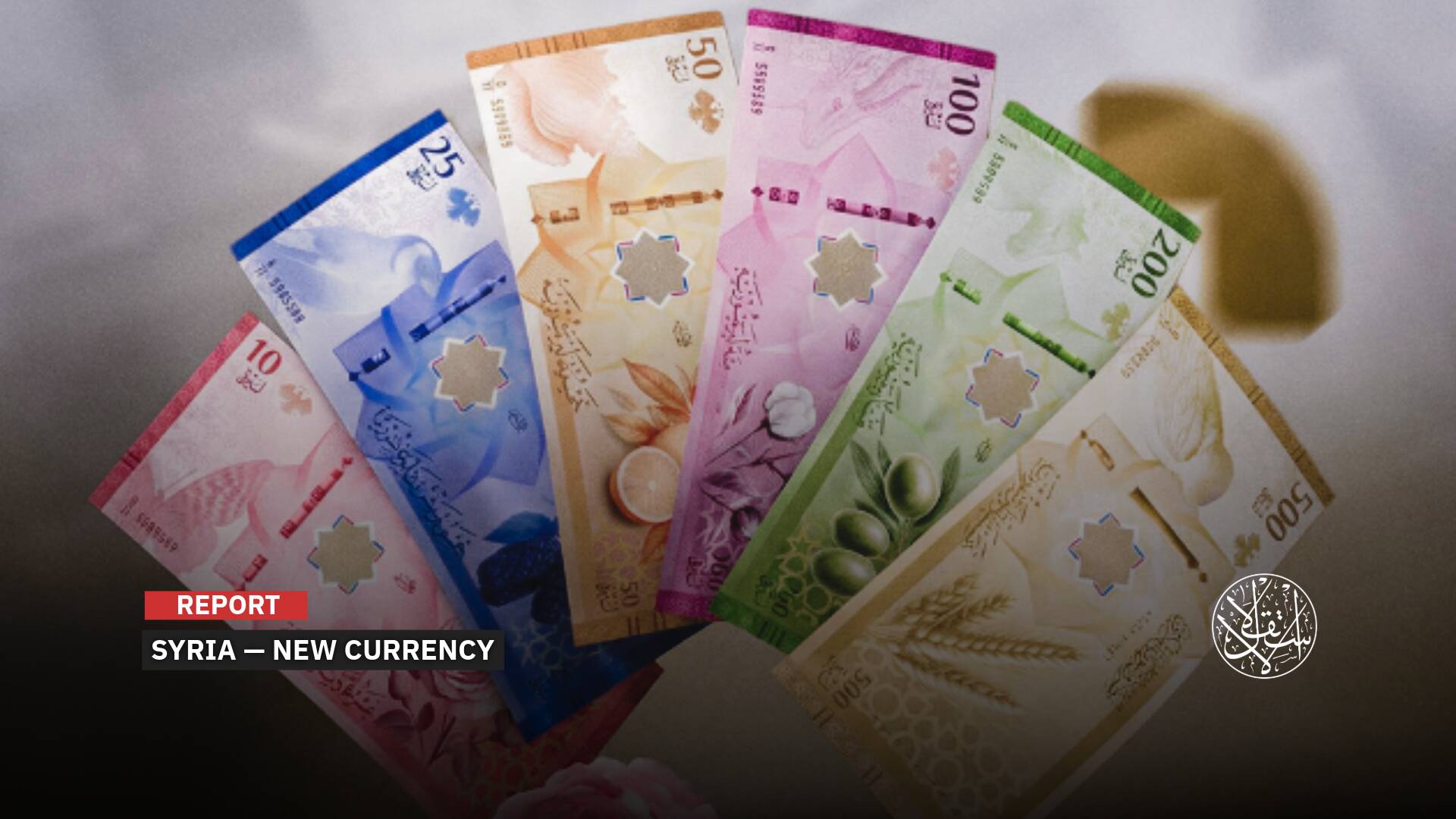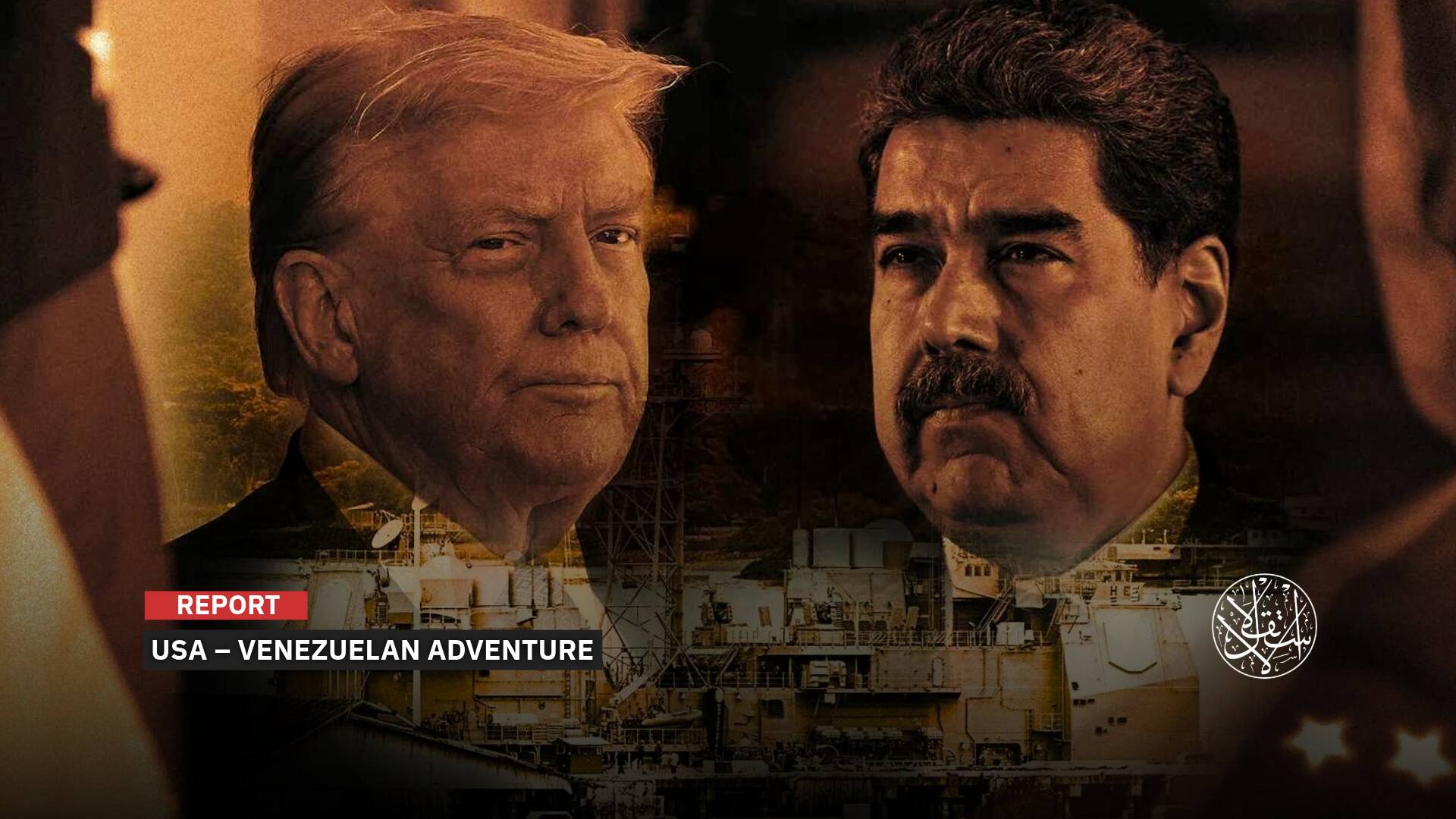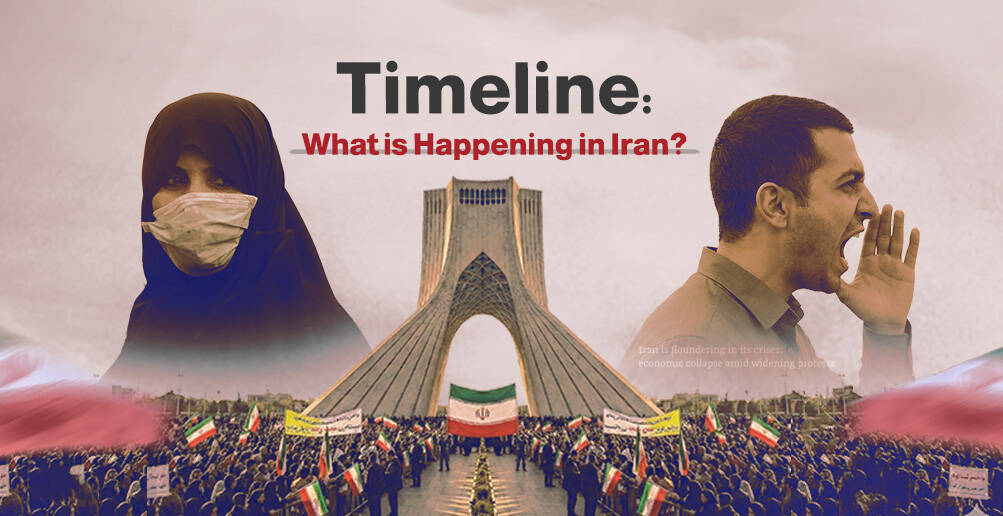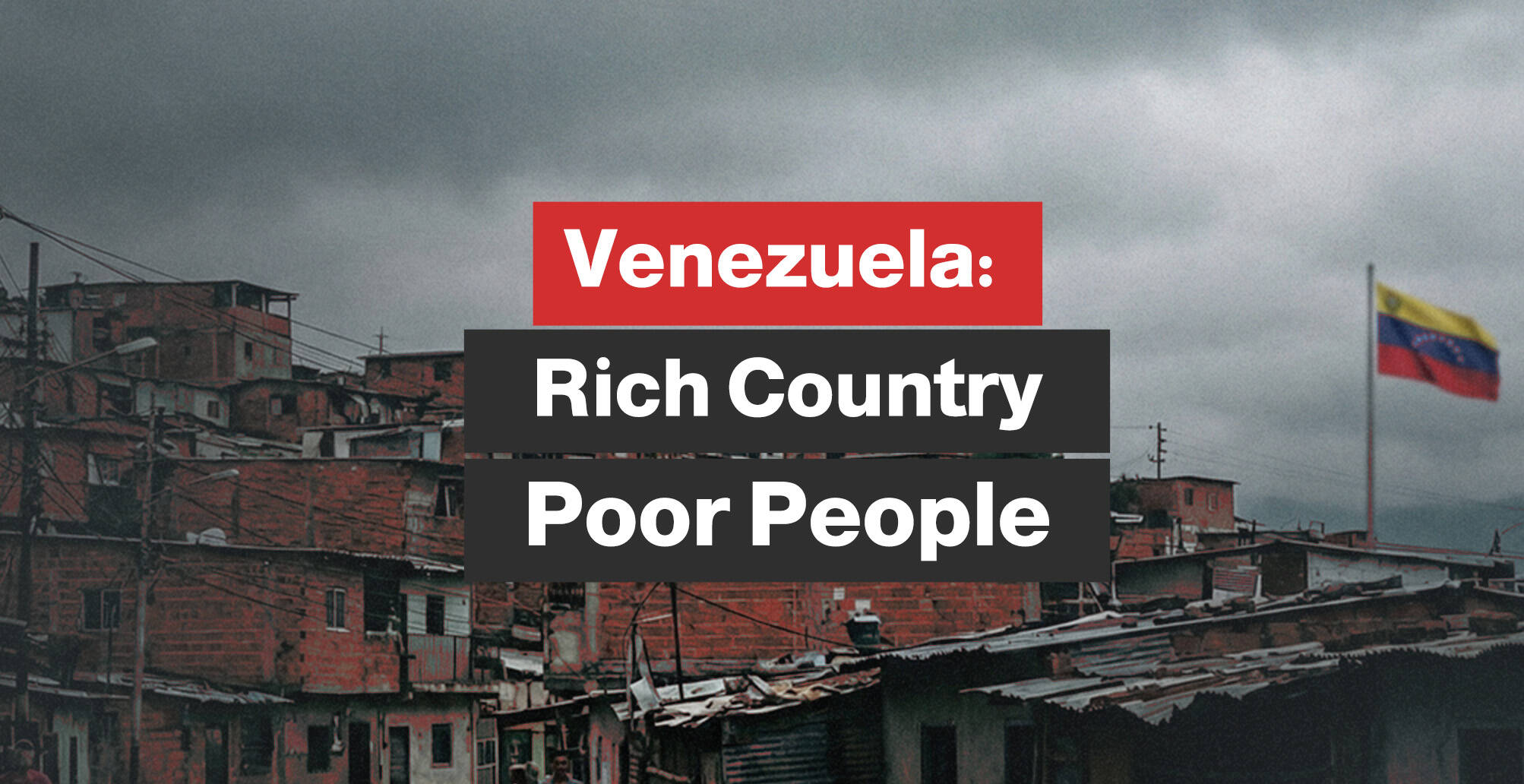Why Did the President of the Democratic Republic of the Congo Gets Angry at Macron?

French President Emmanuel Macron has been suffering in recent years from tense relations with some of the former colonies in West Africa.
Accordingly, his tour of Gabon, Angola, the Republic of Congo, and the Democratic Republic of the Congo was further arranged for negotiations and talks on the new policy to open a new page.
However, the French colonizer did not forget his previous dominance over the continent. Macron tried, during a joint press conference held in Kinshasa on Saturday, March 4, 2023, to talk with an imperious attitude with the president of the Democratic Republic of the Congo, Felix Tshisekedi.
Tshisekedi became angry, stating that France and the West should abandon their imperious attitude toward Africa.
Respect the Africans
A tense moment was witnessed between President of the Democratic Republic of the Congo (DRC) Felix Tshisekedi and French President Emmanuel Macron during a joint press conference held in Kinshasa on Saturday, March 4, 2023, after Macron’s imperious attitude.
“Look at us differently by respecting us, by considering us as true partners and not always with a paternalistic look with the idea of always knowing what is necessary for us,” Tshisekedi said, wagging his finger at Macron.
"Francafrique no longer exists. We must establish a policy of equals.”
He urged for an equitable relationship between the two nations and pushed France to impose sanctions on Rwanda for the ongoing violent conflict in the country’s Goma area.
A journalist from the French News Agency asked a question about a controversial statement by the former Foreign Minister, Jean-Yves Le Drian, in 2019.
The journalist cited Le Drian’s indication that the results of the presidential elections in the Democratic Republic of the Congo “were a prior arrangement” between outgoing President Joseph Kabila and Tshisekedi, and the country’s election authority had nothing to do with that.
Angrily, Tshisekedi said France and the West should no longer dictate what African leaders should do and what decisions they have to take.
He urged for an equitable relationship between the two nations and pushed France to impose sanctions on Rwanda for the ongoing violent conflict in Goma.
Macron tried to intervene to calm the situation saying these are the opinions of the press, not the government of France.
(VIDEO) "Look at us differently, without a paternalistic gaze!"
— ANADOLU AGENCY (@anadoluagency) March 6, 2023
President of the Democratic Republic of the Congo Tshisekedi clashed with French counterpart Macron over France’s role in ongoing violent crisis since the 1994 genocide pic.twitter.com/t2PwxQ5MMZ
The clash with the Congolese president and his talk about the end of the Francophone is related to the demise of the French Africa (Francafrique) era and the beginning of a new multipolar road.
Perhaps this is what Macron realized and is trying to deal with, as he announced on February 27, 2023, before starting his tour, that he had set his strategy for the next four years in Africa.
He emphasized that France would end hosting regular military bases in Africa, withdraw a number of its soldiers, and instead establish academies that would co-manage with host countries.

‘Poisoned’ Visit
On March 7, 2023, the Congolese newspaper, Interkinois, described Macron’s visit to the country as “poisoned.”
It questioned his intention behind the visit and drew attention to the conflict between the Democratic Republic of the Congo and Rwanda, stressing that the French president is actually “supportive” of Rwanda, and that he seeks to preserve Paris’ economic interests in that mineral-rich region.
A historical border conflict has been going on for 30 years in eastern DRC, Rwanda, and Burundi.
According to statistics from the United Nations in early February 2023, the recent escalation in violence in eastern DRC led to the displacement of 800,000 people.
The Congolese newspaper stated: “Although Macron announced during his tour that his country provided clear support for a ceasefire, his policy aims at a neutral geopolitical position that preserves the interests of Paris first and foremost.
“France did not change its dominant approach towards the region, but rather it adapted to the new situation to enhance its influence.”
It is noteworthy that the citizens of the Democratic Republic of the Congo were not happy with Macron’s visit, and on March 3, 2023, dozens of people gathered outside the Paris embassy in Kinshasa to demonstrate against his presence, and held banners indicating that the President of France was “persona non grata.”

Painful Road
Multiple and overlapping powers in Africa, led by Russia, were waiting for Macron’s visit.
On March 3, 2023, the Russian newspaper Gazeta.Ru published its report on Macron’s tour, saying: “The era of French hegemony over the African continent is over, and there is a long and painful path ahead for multipolarity to prove its presence in the region.”
It noted that on the eve of Macron’s visit to Kinshasa, pro-Russian rallies took place.
Dozens protested carrying Russian flags and pictures of President Vladimir Putin as a plot against Macron. The Russian newspaper quoted the ex-CIA officer, Philip Giraldi, as saying that the United States and France are aiming for a unilateral model governed by international law, according to which rules and laws are created.
The website of the French channel TV5Monde said during a report published on March 4, 2023, that the reason for Macron’s African tour is “the great blow that French influence continues to receive in Africa in favor of competing international powers such as China and Russia.”
The website ruled out that the negative image of France and its president in that region would be improved, or at least that the criticism toward them would subside, until decision-makers in Paris realize that the old world of colonialism and tutelage has changed today.
“France faced growing feelings against that, after its expulsion from Mali and Burkina Faso with the end of Barkhane Operation.”
Barkhane Operation is a counter-insurgency operation in the African Sahel region that began on August 1, 2014, and consisted of 3,000 to 4,500 French soldiers, and officially ended in November 2022.
In recent years, France has tried to emphasize the concept of “Francafrique” and to exercise its networks of influence inherited from colonialism in the context of this concept.
The term is used a lot today as a criticism of the neo-colonial relationship between France and the African countries it occupied in the past.
The website pointed out, “Macron is still being criticized for continuing his meetings with African leaders who are accused of tyranny.”
It stressed that “these anti-French sentiments benefit at the present time China and Russia, which are emerging as their pawns in Africa.”
This continent has expressed opposition to French President Emmanuel Macron’s new partnership strategy, which aims to shift away from the traditional French policy toward the continent, as some African observers remain skeptical of its potential to bring about real change.
Sources
- The President of the Congo embarrasses Macron during a press conference — This is what he said [Arabic]
- Congo: Emmanuel Macron meets Denis Sassou Nguesso in Brazzaville [French]
- Why DRC's president reminded Macron to respect Africans
- Macron: a poisoned visit [French]
- A UN call to stop the violence in eastern Democratic Congo, which led to the displacement of hundreds of thousands [Arabic]
- Macron to end his African tour with stern warnings to Kigali about the conflict in eastern DRC [Arabic]


